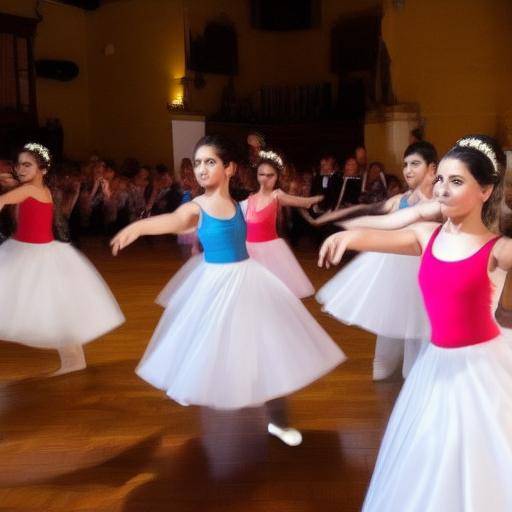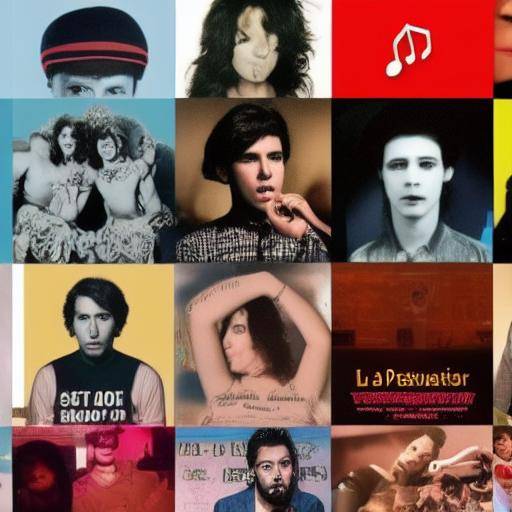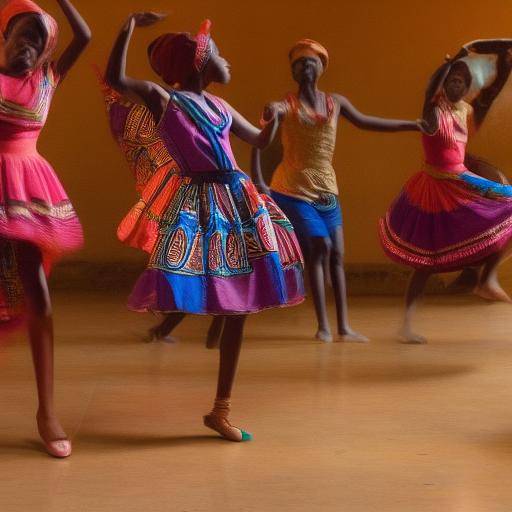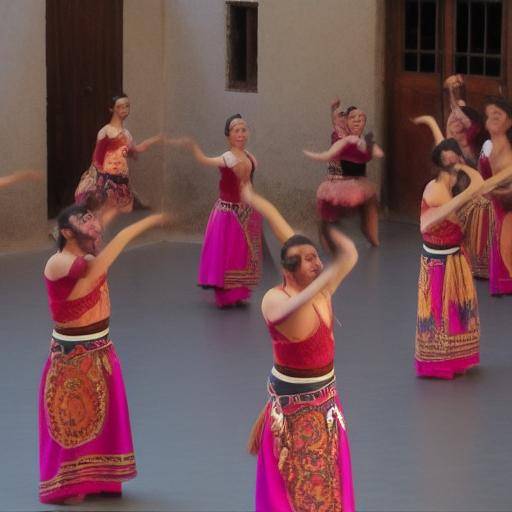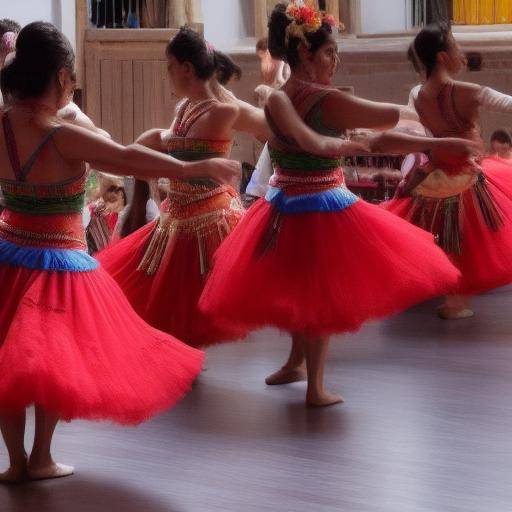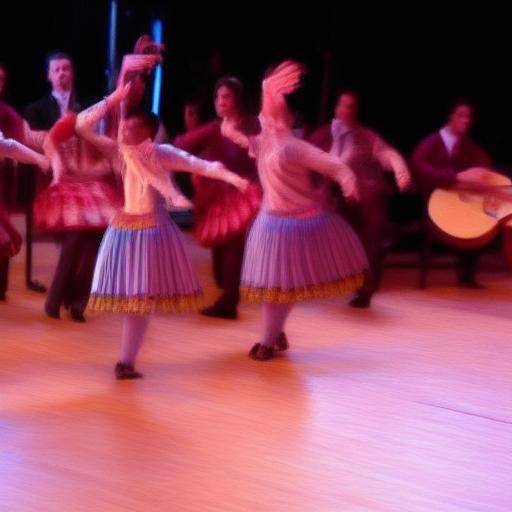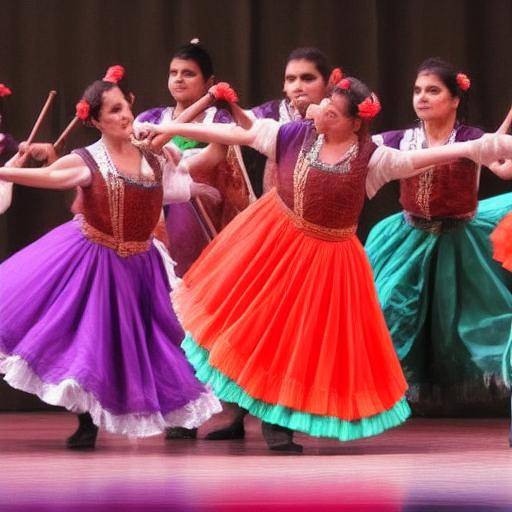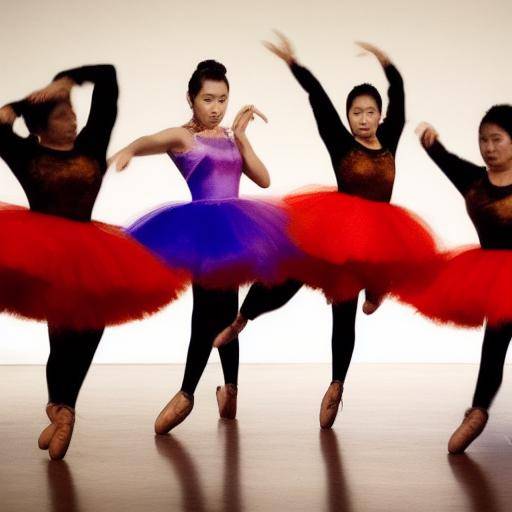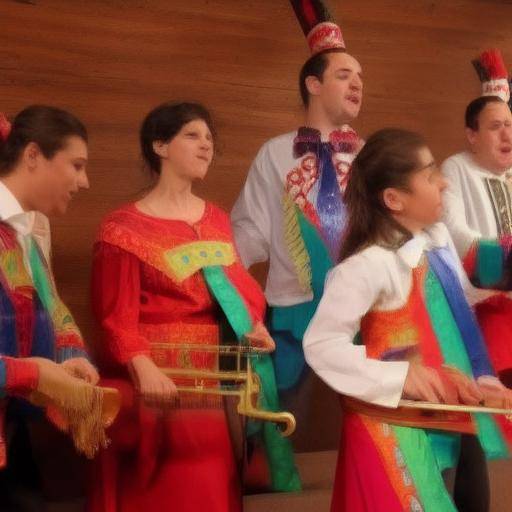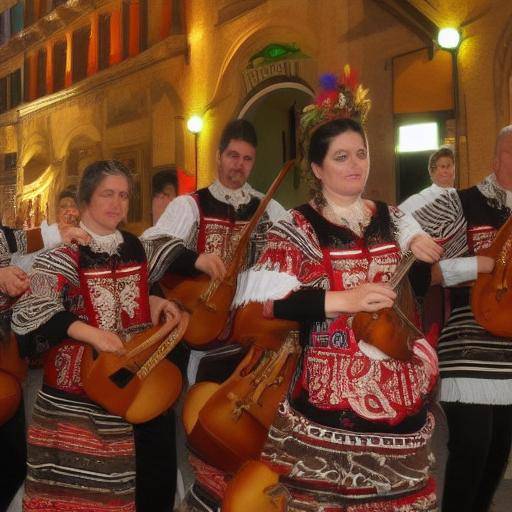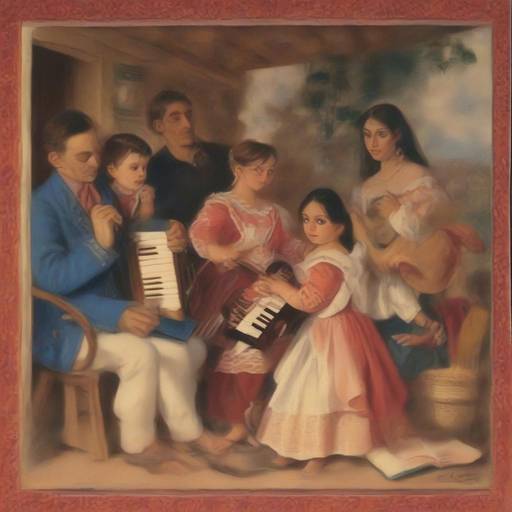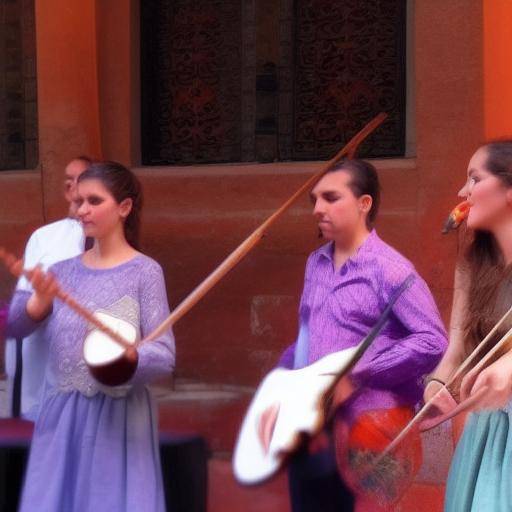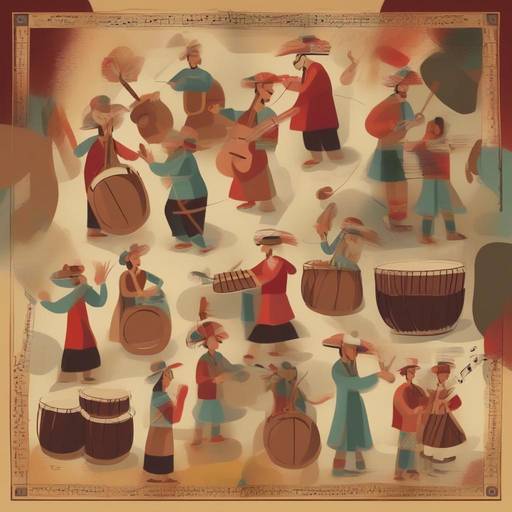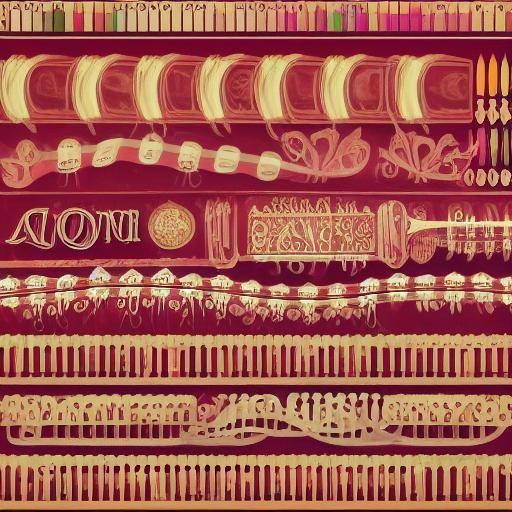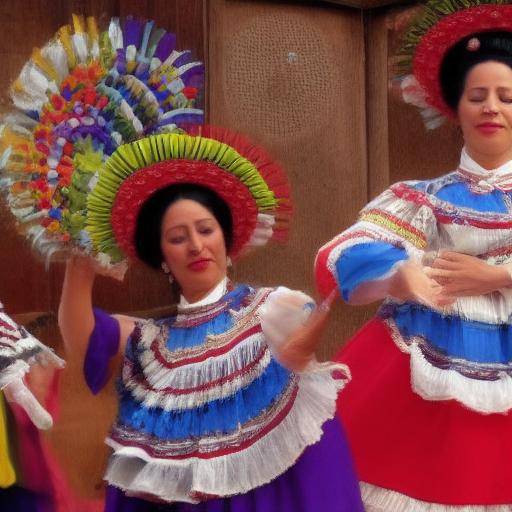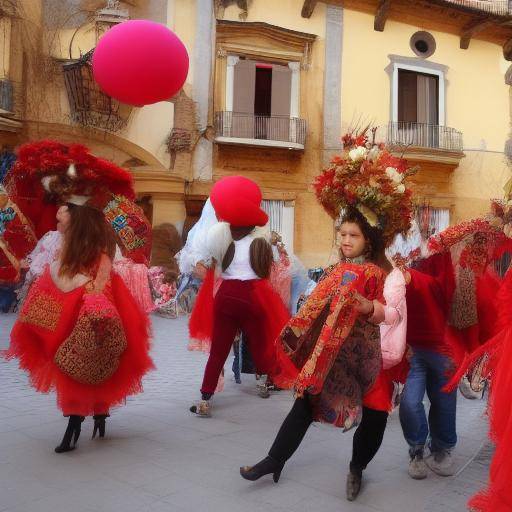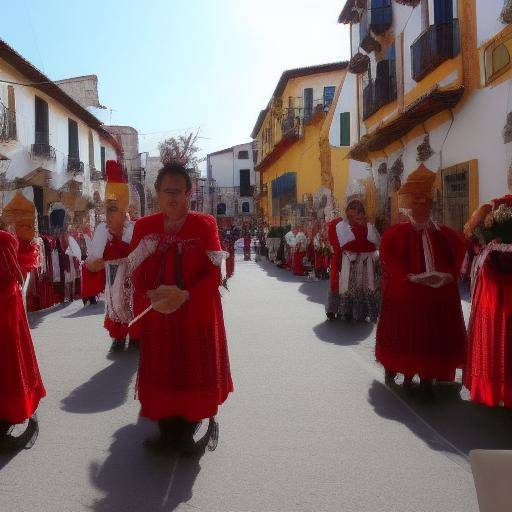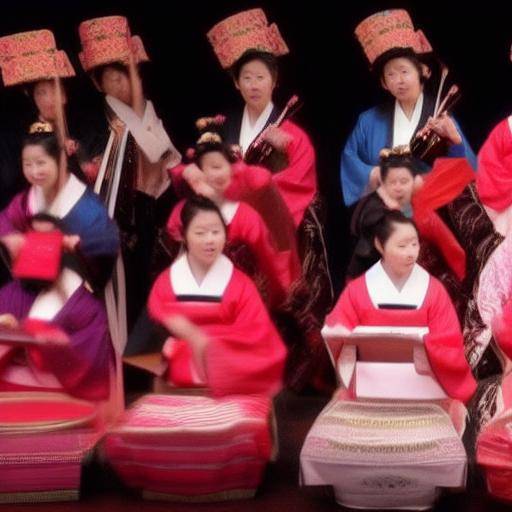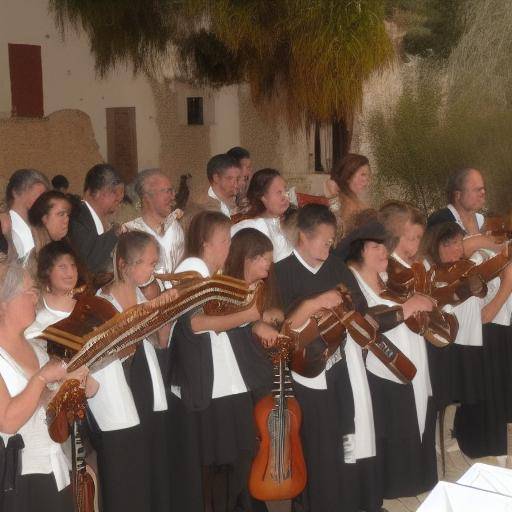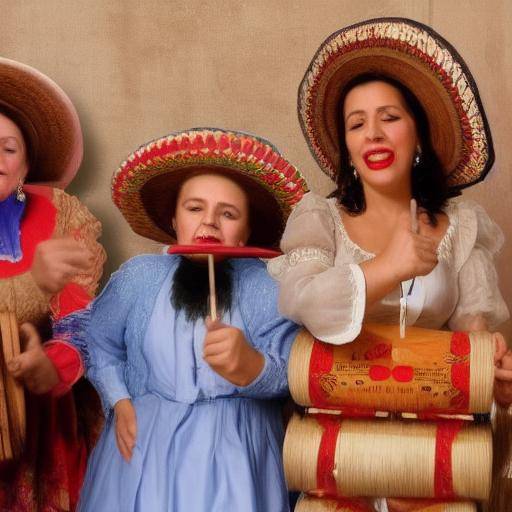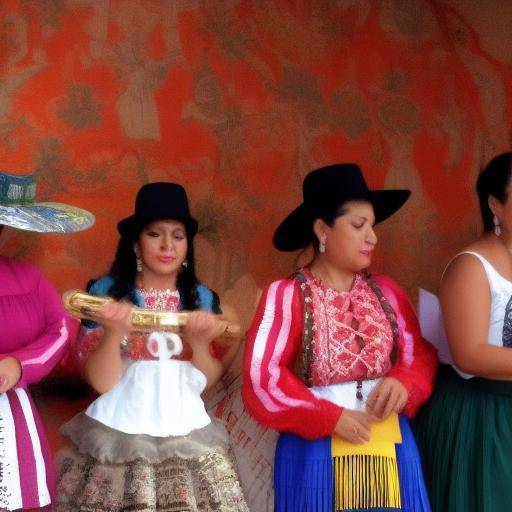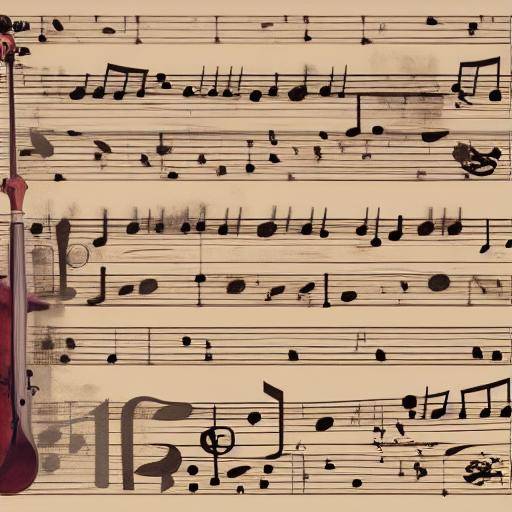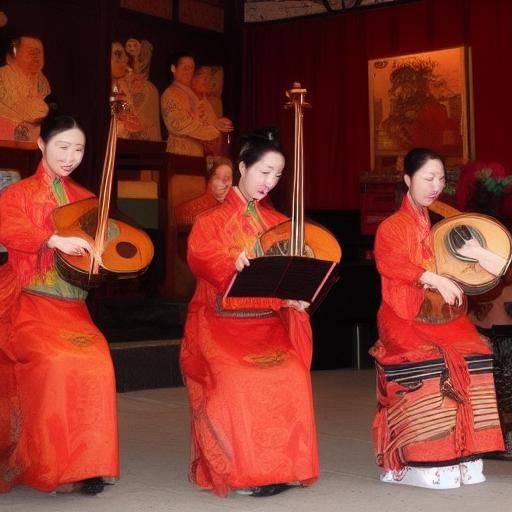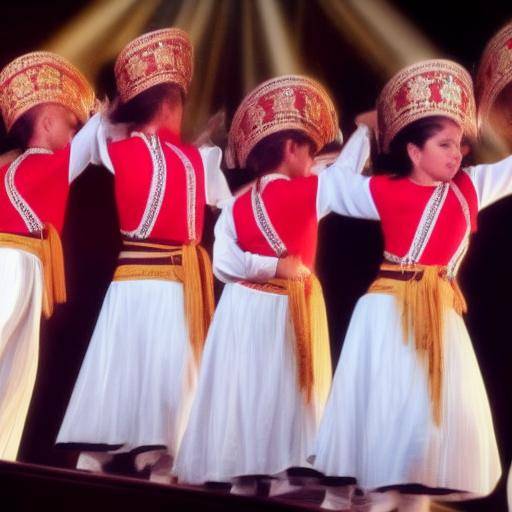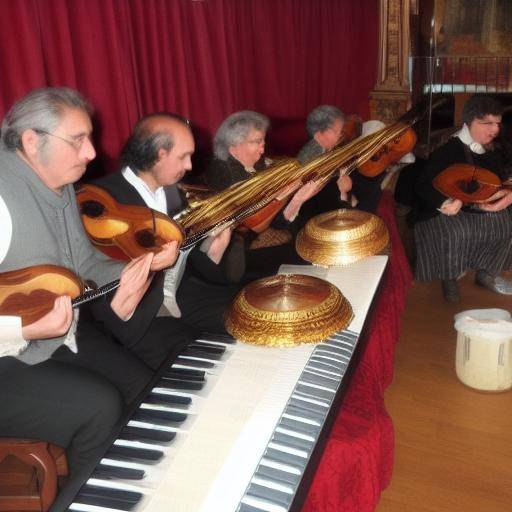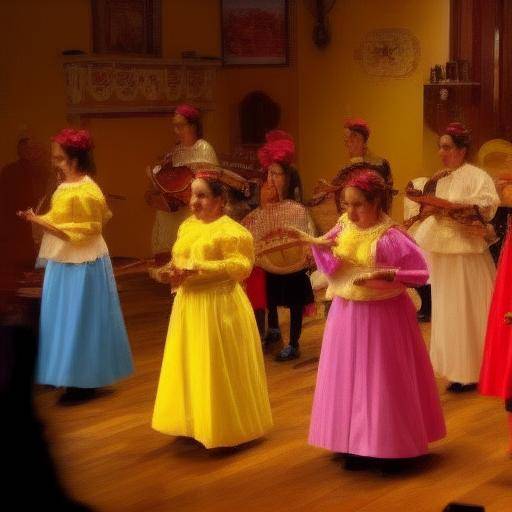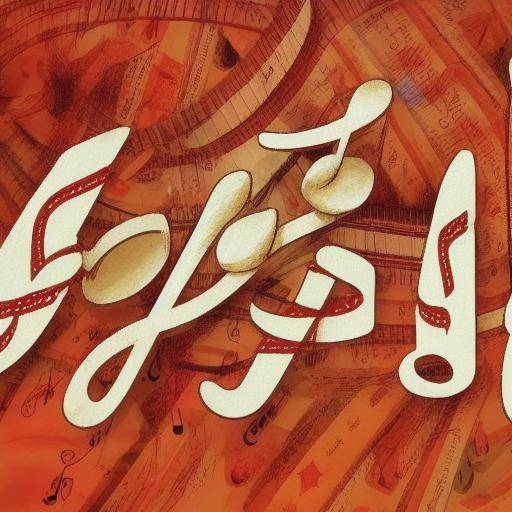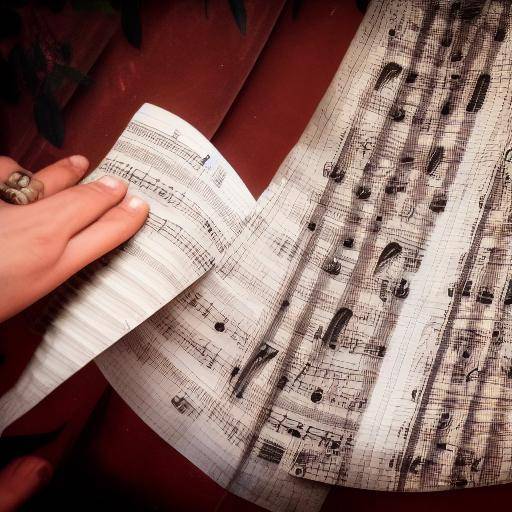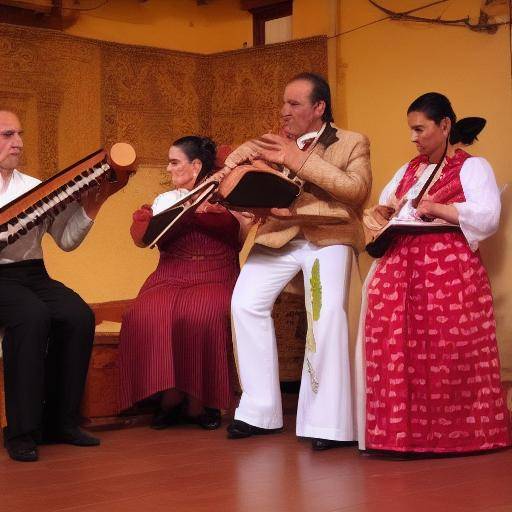
Introduction
Music has been a fundamental pillar in Italian culture for centuries, reflecting the rich history and traditions of this vibrant nation. From the opera to folkloric melodies, Italian music has left an indelible mark in the world. In this article, we will explore musical traditions in Italian culture, deepening in their origins, influences, evolution and how they have shaped the identity of Italy. In addition, we will analyze current trends, provide practical recommendations and we will glimpse the future of music in Italian culture.
History and Background
Music has been an integral part of Italian history, with roots dating back to ancient times. From the influence of Greek and Roman music to the emergence of Gregorian chant in the Catholic Church, Italy has been the birthplace of numerous musical advances. In the later centuries, the Italian Renaissance flourished with musicians like Palestrina and Monteverdi, laying the foundations of Western classical music.
The rise of the opera in the 16th century marked a significant milestone in Italian musical history, with composers such as Verdi, Puccini and Rossini creating masterpieces that last until today. Italian folk music has also played a crucial role, capturing the essence of various regions through their traditional songs and dances.
Deep analysis
The Italian musical tradition has evolved to embrace a wide range of genres, from classical music and opera to pop and folk music. The cultural diversity of Italy is reflected in its music, with influences of Mediterranean music, the Alpine traditions and the unique artistic expressions of Sicily and Sardinia.
Despite its rich musical heritage, Italy also faces challenges in the preservation and promotion of its musical traditions in the modern era. The impact of globalization and contemporary trends have raised questions about the authenticity and relevance of Italian musical traditions, generating debates on how to maintain the balance between the preservation of cultural heritage and innovation.
Comprehensive review
Italian music has not only enriched the country's artistic scene, but also played a crucial role in the projection of Italian identity internationally. Through collaborations with world-renowned artists and their influence on classical music, Italy has maintained its position as a bastion of musical excellence.
Love for music permeates all aspects of Italian life, from traditional musical festivals to rigorous music education that fosters emerging talent. It is necessary to maintain a balance between the preservation of musical roots and the adoption of new artistic expressions to guarantee the continued vitality of Italian music.
Comparative analysis
By comparing Italian musical traditions with other cultures, the uniqueness and diversity of Italian music are revealed. While sharing affinities with Mediterranean music, Italian music stands out for its emotional and lyric approach, which has conquered the hearts of global audiences.
The influence of Italian music in other cultures is also evident, with its impact on opera, classical music and world-renowned cinema. This cultural interaction has enriched the musical panorama globally and has expanded the scope of Italian musical traditions.
Practical Tips and Accessible Recommendations
For those interested in immersed in Italian musical traditions, it is advisable to explore folk music from different regions, attend opera performances in renowned Italian theaters and participate in local music festivals. In addition, the learning of traditional Italian instruments, such as classical guitar, accordion and mandolin, provides a deeper understanding of Italian music.
Perception of Industry and Expert Reviews
The experts of the Italian musical industry have stressed the importance of preserving musical traditions as an integral part of the cultural heritage of the country. In addition, they highlight the need to encourage younger generations to participate and appreciate the wealth of Italian music to ensure their continuity.
The promotion of Italian music on digital platforms and social networks has also emerged as a vital strategy to spread Italian musical traditions to global audiences, allowing greater visibility and accessibility.
Case Studies and Real Life Applications
The practical application of Italian musical traditions is displayed at cultural events, regional celebrations and international artistic collaborations. Italian music has served as a meeting point for people from diverse cultures, facilitating the exchange of ideas and the celebration of diversity through musical expression.
Future Trends and Predictions
As music evolves over time, it is expected that Italian musical traditions will continue to influence the global musical scene, merging historical authenticity with contemporary innovation. The preservation of Italian musical roots together with the exploration of new forms of expression will ensure the continued relevance of Italian music in the future.
Conclusion
Musical traditions in Italian culture exemplify the richness and depth of the musical heritage of Italy. From classical opera to popular melodies, Italian music is a testimony of the creativity and ingenuity of the Italian people. By preserving and nurturing these traditions, Italy will continue to leave an indelible mark on the world of music.
Frequently asked questions
What is the influence of Italian music on the global musical panorama?
Italian music has left a deep mark on the global musical panorama, especially in opera, classical music and cinema. His emotivity and lyric expression have captivated audiences around the world.
What is the importance of opera in Italian musical culture?
The opera has played a fundamental role in Italian musical culture, serving as a vehicle of artistic expression that combines music, theatre and narrative to tell exciting stories.
How can I explore Italian musical traditions?
To explore Italian musical traditions, you can participate in local music festivals, attend opera performances in renowned Italian theaters and immerse yourself in folk music from different regions of Italy.
What are some traditional Italian instruments?
Some traditional Italian instruments include classical guitar, accordion, mandolin and zampogna (a gaita of Italian origin).
What is the impact of globalization on Italian music?
While globalization has provided opportunities to spread Italian music worldwide, it has also raised challenges in preserving its traditions in a globalized context.
What are the future trends of Italian music?
Italian music is expected to continue to influence the global musical landscape, merging its traditions rooted in new forms of expression and collaborations at the international level.
In conclusion, musical traditions in Italian culture are a testimony to the creativity and diversity that have characterized Italy over the centuries. In appreciating and preserving these traditions, it is guaranteed that Italian music continues to inspire and enrich the world-wide musical panorama.
Please note that these tips and recommendations seek to foster an attractive and effective understanding of Italian music in culture, without affecting esoteric elements or subjective interpretations.

